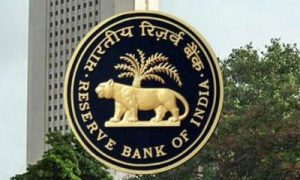The Cryptocurrency Bill is unlikely to be presented in the ongoing winter session of Parliament as the Centre is yet to finalize details of the legislation, news agency Bloomberg reported citing people familiar with the development.
New Delhi: The much-awaited Cryptocurrency Bill is unlikely to be presented in the ongoing winter session of Parliament as the Centre is yet to finalize details of the legislation, news agency Bloomberg reported citing people familiar with the development. Prime Minister Narendra Modi’s cabinet wants wider consultations on the matter before finalizing the rules to govern digital currencies and there isn’t enough time as the current session ends December 23, the report added.
Last week, NDTV also reported that the Bill might not be brought into Parliament in this session, signalling that the government doesn’t want to rush on the law.
Sources said that there could be more changes in the Crypto Bill and the Centre might consider bringing an ordinance or special order after the session.
The schedule for the last week of the Parliament session has dropped the Cryptocurrency Bill from the list of businesses put up on its website.
However, the government can still bring in the legislation through an ordinance in periods when Parliament is not in session.
The Bill proposes to ban all private cryptocurrencies in India and facilitate regulation.
It also proposes a penalty for violations by individuals as well as corporate bodies. Offences under the law will be non-bailable and could be punished with a jail term of one and a half years and a fine of up to ₹ 50 crore.
The regulator for crypto will be the Reserve Bank of India (RBI) and crypto assets will be regulated by market regulator SEBI.
The size of crypto assets in India is about ₹ 45,000 crore with about 15 million investors.
The Crypto Bill has been reworked to make it more recent, Union Finance Minister Nirmala Sitharaman had earlier said. While the RBI wants a ban on cryptocurrencies, the Centre is reportedly considering an option of allowing crypto as an asset.





































